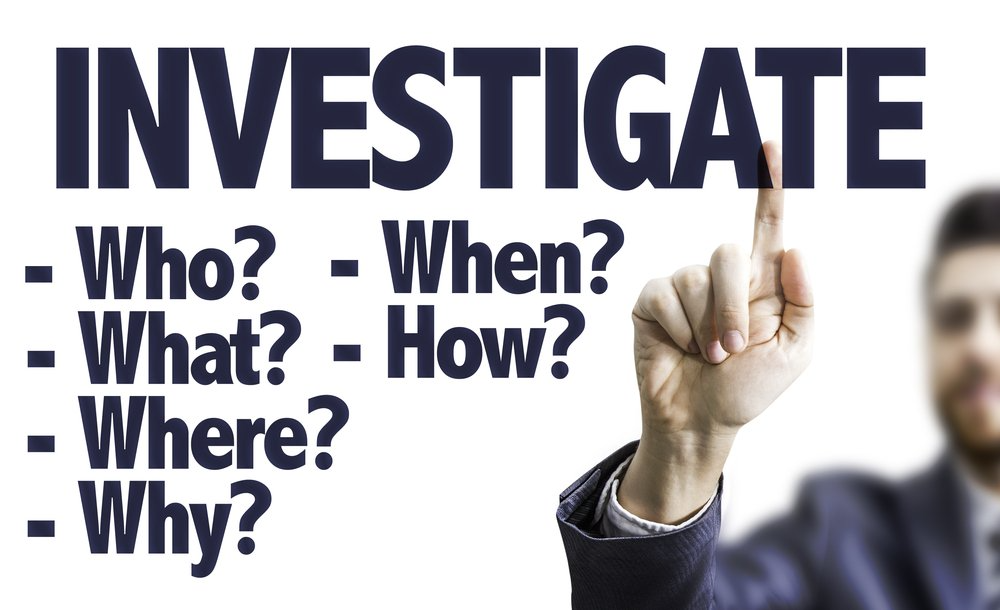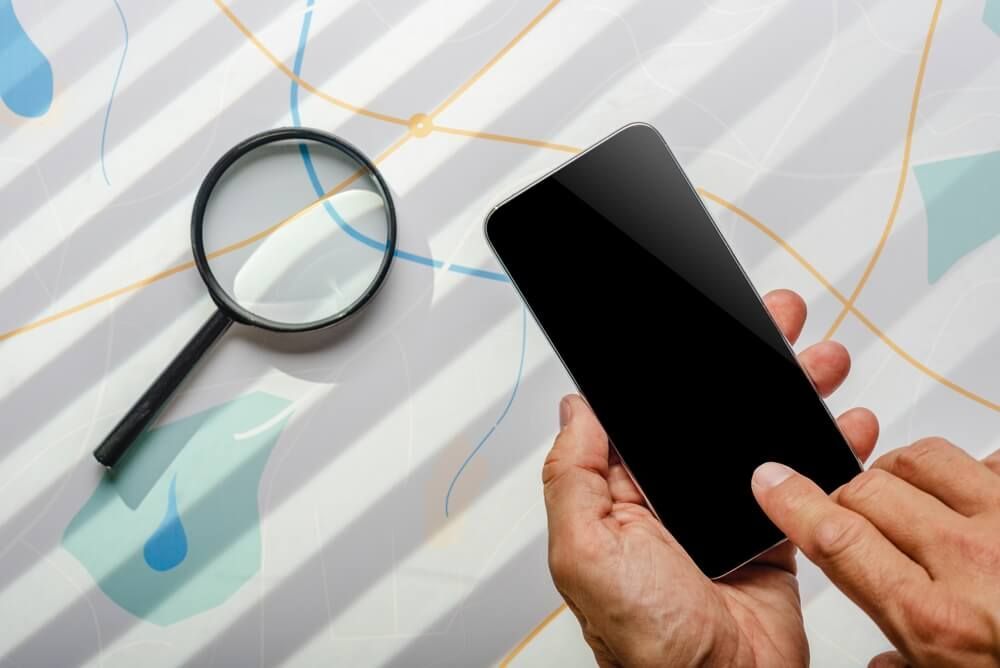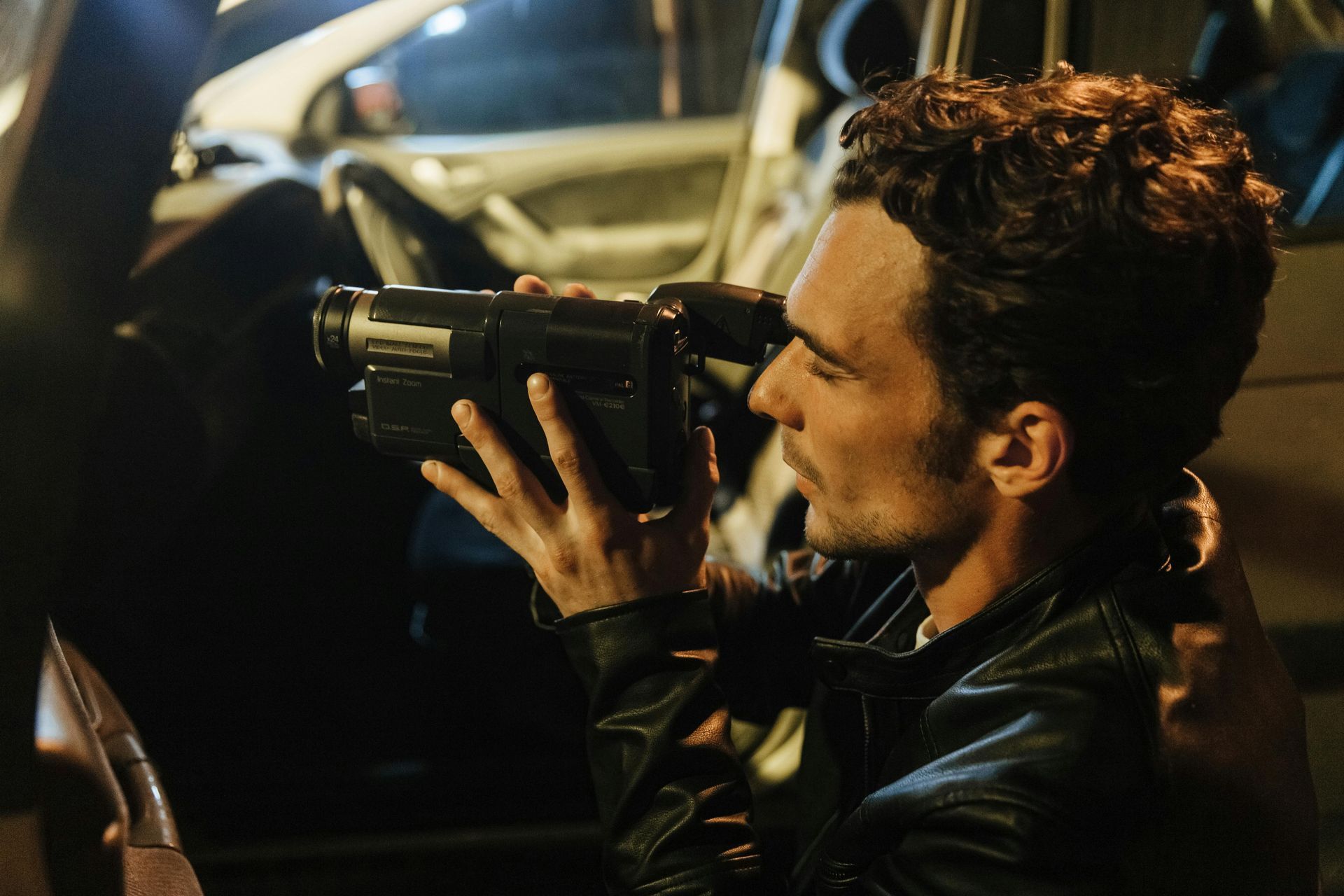Ten Key Traits And Skills A Private Investigator Should Have.
Important Skills And Traits A Private Investigator Should Have!

The Private investigation sector is a field that demands a unique blend of skills and abilities. Whether working on corporate cases, personal matters, or legal investigations, a Private investigator (PI) must be equipped with certain essential skills to succeed. I often hear the term “I would be so good at that” and I am sure there are many who would be. Although there are lots of skillsets and personality traits that are needed to be “good” at this job. It really isn't as simple and straightforward as many may think.
Have you ever tried to follow anyone for a couple of hours? Give it a try, see how far you get. Remember as well, a nice glossy, professional and legally binding report, with time and date stamp must be produced on completion too!
Anyway, in this month’s short blog I will explore what I believe are a handful of the main skills and personality traits that a Private Investigator should have.
Dedicated | Diligent | Discreet
1. Attention to Detail
A successful Private investigator needs to have an extraordinary eye for detail. This involves noticing small discrepancies that others might overlook, such as inconsistencies in statements or behaviours. Meticulous documentation and observation are crucial in gathering intelligence and evidence.
2. Analytical Thinking
Critical thinking and problem-solving abilities are vital. Private investigators must analyse complex information and data to draw accurate conclusions. This involves evaluating evidence, making connections, and predicting potential outcomes. These moments of decision-making are often made while under pressure and with a limited amount of time to do so.
3. Technological Proficiency
Modern day private investigations heavily rely on technology. Knowing how to use surveillance equipment, GPS tracking devices, and various software programs is essential. Familiarity with digital forensics, analysis tools and other computer programs such as Microsoft word and Excel is also increasingly important.
4. Communication Skills
Being able to communicate effectively with clients, witnesses, and colleagues is crucial, and of course promotes a sense of professionalism. A Private investigator must be clear and concise in both verbal and written communications. Building rapport, trust and transparency can also greatly enhance the quality of information gathered.
5. Research Skills
Investigative work often involves extensive research. This can range from public records and database searches to online information gathering. Strong research skills enable a Private investigator to efficiently locate and verify pertinent information.
Leading | Established | Award Winning
6. Discretion and Integrity
Maintaining confidentiality and practicing discretion are hugely fundamental. Private Investigators handle sensitive information that requires them to act with integrity and professionalism at all times. Ethical considerations and practices should guide every investigation.
7. Persistence and Patience
Investigations can be time-consuming and may not yield immediate results. Persistence and patience are key in following a lead and seeing a case through to completion. Stamina is also important during long stakeouts or surveillance tasks. For example, static surveillance, where by a surveillance operative may be instructed to observe a property for twelve hours is common. It is important that throughout that time they don’t fall asleep, or start scrolling their social media and taking calls.
8. Legal Knowledge
A thorough understanding of laws and regulations related to private investigation is crucial. This includes privacy laws, surveillance permissions, and evidence handling procedures. Staying informed about legal changes ensures compliance and credibility.
9. Physical Fitness
While not always required, physical fitness can be beneficial, particularly when conducting fieldwork that involves long hours or the need for quick mobility and reflexes. It i. An s standard practice for a surveillance operative to be sat in the back of their vehicle when conducting surveillance. Any sudden movements from the subject away from a location may mean the operative needs to discreetly climb back into the drivers seat to take the follow. Someone who struggles with mobility or may be hugely overweight may lose valuable seconds while doing so.
10. Adaptability
The ability to adapt to unexpected situations and remain composed under varying conditions is an asset. PIs must be flexible in their approach and strategies as cases can evolve in unpredictable ways. It is important that a Private Investigator is able to remain calm and natural in a variety of situations, dealing with a diverse range of investigation requirements.
In conclusion, the role of a private investigator is multifaceted and complex to say the least. Those who equip themselves with these key skills will be well-prepared to tackle the challenges of the field and achieve successful outcomes for their clients.
"In conclusion, the role of a private investigator is multifaceted and complex to say the least. Those who equip themselves with these key skills will be well-prepared to tackle the challenges of the field and achieve successful outcomes for their clients"
Birmingham | London | Manchester










